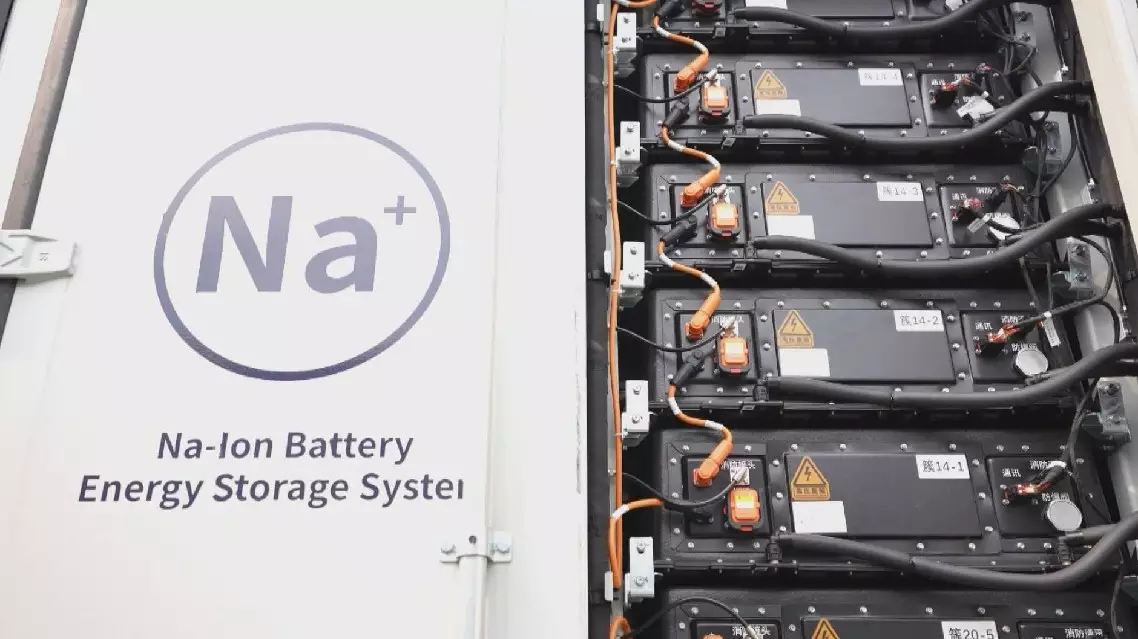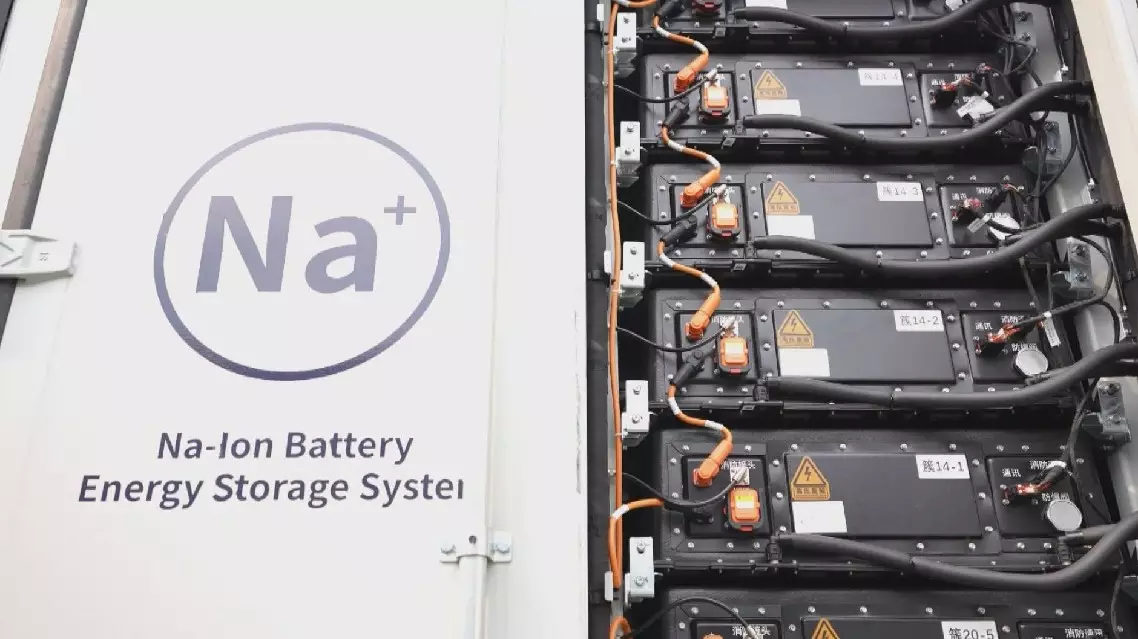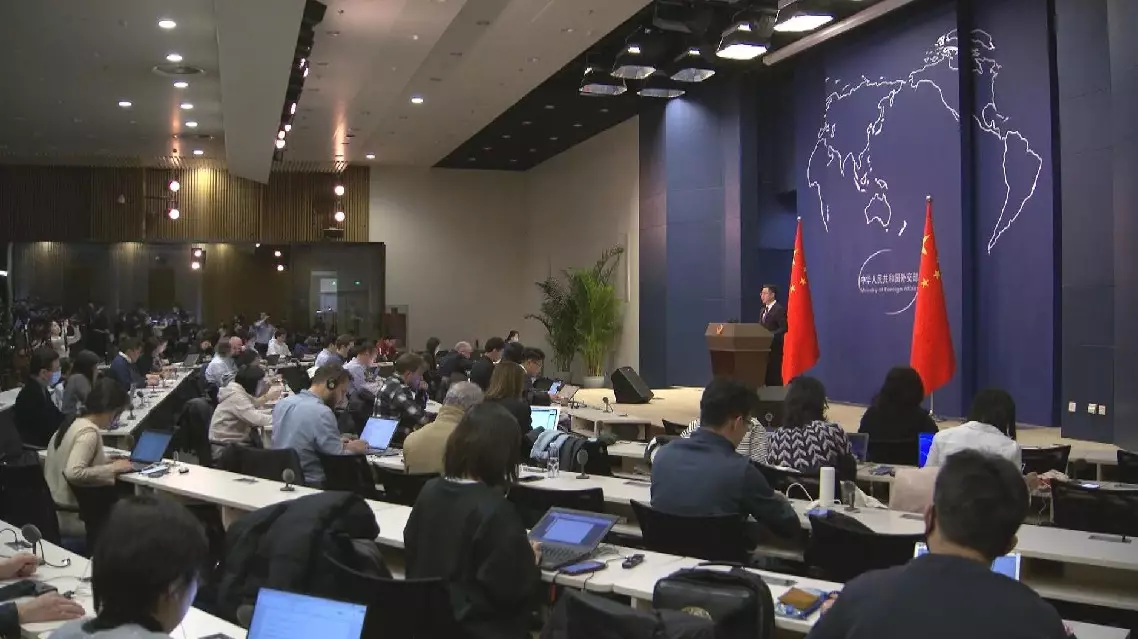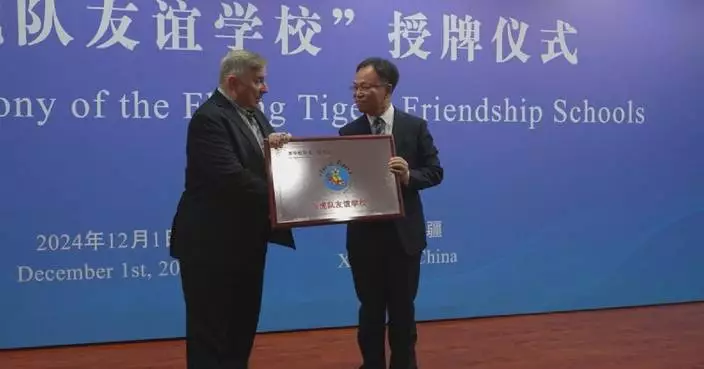China's first large-capacity sodium-ion battery energy storage station was put into operation on Saturday, marking a milestone in the large-scale application of the new energy storage technology.
Located in Nanning City of south China's Guangxi Zhuang Autonomous Region, the station boasts a storage capacity of 10 megawatt-hours (MWh). The first phase of the station is expected to output 7.3 million kilowatt-hours (kWh) of clean electricity every year, reducing carbon dioxide emissions by 5,000 tons and meeting the power demand of 3,500 residential users a year, according to the China Southern Power Grid, the station's operator.
"Due to the inherent safety features of sodium-ion technology, this battery energy storage system boasts an energy conversion efficiency exceeding 92 percent, higher than commonly seen lithium-ion battery energy storage systems. In the future, we will develop sodium-ion battery energy storage systems at a lower cost, yet with higher performance, and cooperate with upstream and downstream enterprises to promote the formation of an energy storage industrial chain based on sodium-ion batteries," said Gao Like, deputy general manager of the innovation management department of the Guangxi Power Grid Company under the China Southern Power Grid Group.
Sodium-ion batteries are a type of rechargeable metal-ion battery that uses sodium ions as charge carriers. They are more cost-effective, lightweight, durable and safe, compared with lithium-ion batteries, according to experts.
"Sodium resources are widely available, abundant in reserves, and low in cost. Its energy conversion efficiency exceeds that of lithium batteries, so it is expected to be used in large-scale electrochemical energy storage, electric vehicles, construction machinery and other fields," said Li Yongqi, a technical expert with the China Southern Power Grid Energy Storage Company.
Sodium-ion batteries are capable of rapid charging and they can be filled to 90 percent of their capacity in 12 minutes.
These batteries display outstanding performance under temperatures ranging from minus 40 to 80 degrees Celsius, making them ideal candidates for energy storage in high-altitude cold regions.
Due to these advantages, China is hoping the technology can play a central role in its green transition strategy.
"China is bound to vigorously develop renewable energy. Without the new-type energy storage technologies, the issues of the long-distance storage and transmission of renewable energy can't be solved. Both lithium-ion and sodium-ion batteries are important parts of new-type energy storage devices. We should strive for the large-scale industrial application of sodium-ion batteries so that they can generate enormous economic benefits in the future," said Chen Liquan, an academician with the Chinese Academy of Engineering.

China's largest sodium-ion battery energy storage station put into operation

China's largest sodium-ion battery energy storage station put into operation









